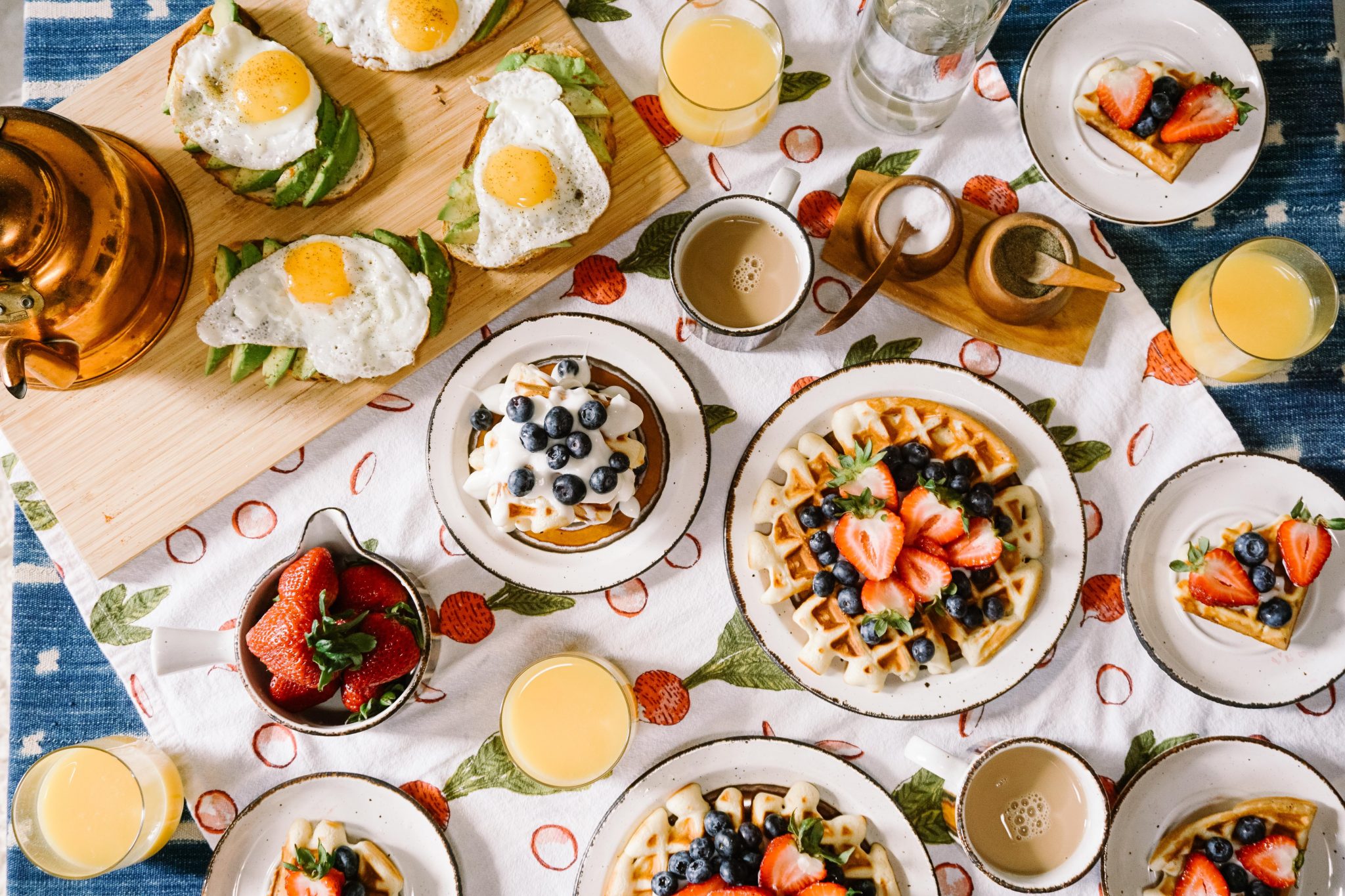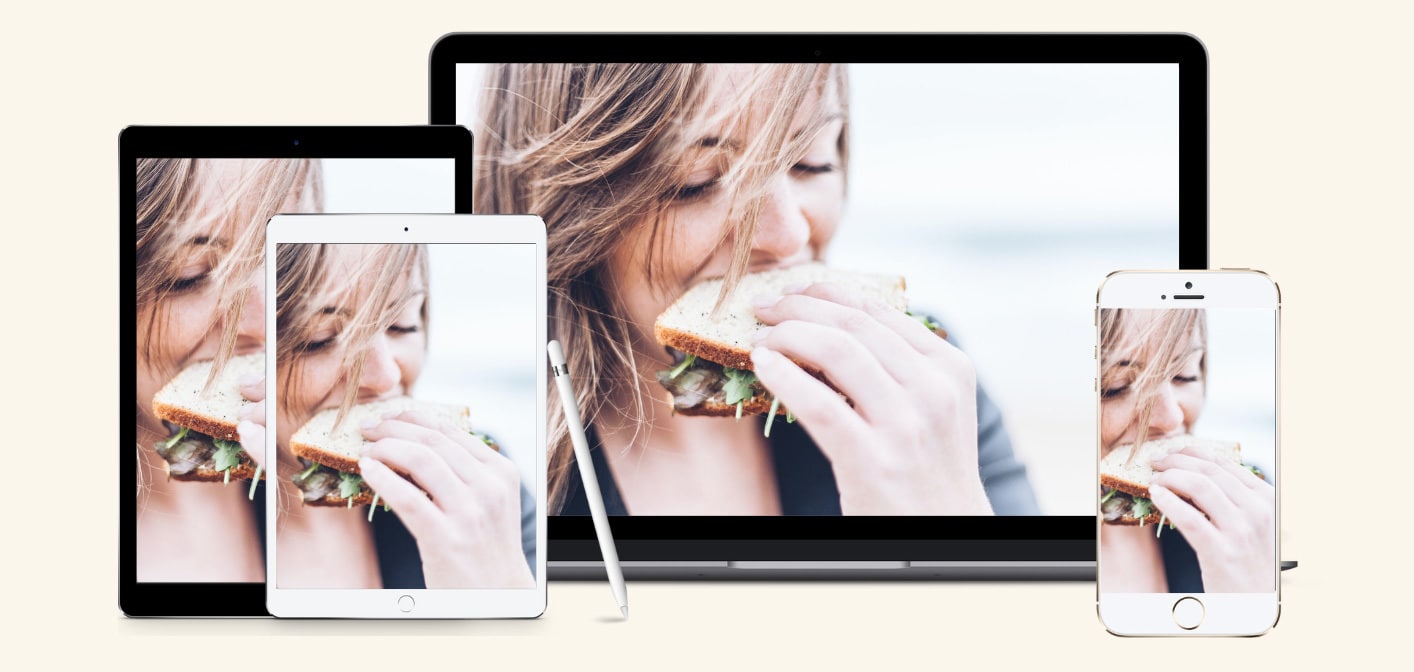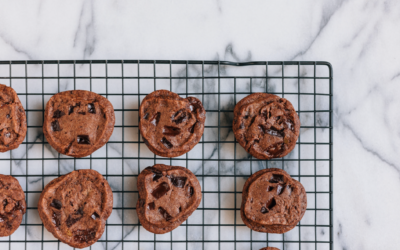So, you’re fed up of counting calories?
Well, you’ve come to the right place… in this article I am going to outline actionable steps on how to stop counting calories, once and for all. As a Registered Dietitian (for the last 9 years) and Certified Intuitive Eating Counsellor, I have worked with 100’s of clients to help them stop obsessing over numbers and find a healthier relationship with food.
If you’ve been counting calories for months or years, you’re likely feeling tired of it. Calorie counting can sometimes be a helpful tool. But for many people, counting calories in the long term can become exhausting and unhealthy. This was certainly my experience counting calories (more on this below). No matter how long you’ve been counting for, it is possible to stop and find a more liberal relationship to food. Keep reading for actionable steps on how to stop counting calories so you can start to feel more normal around food again
My experience with calorie counting
Why is calorie counting so widely used….and is it worth it??
-
Doctors, dietitians and government pamphlets
-
Media and social media
-
Packaged food labels
-
Exercise machines that have electronic displays showing the calories burned off each minute
-
Restaurants that list calories next to menu items
-
Phone apps and watch devices
Why calorie counting can be problematic
1. Calorie counts are inaccurate
-
Age, sex, weight, height, muscle/fat ratio, metabolic rate
-
The type of food consumed (the body does not use 100 calories of nuts and 100 calories of muffin in the same way)
-
The timing or spacing of meals
-
Activity level and exercise
-
This study out of Stanford University showed that fitness devices including Apple Watch, Basis Peak, Fitbit have a large margin of error when it comes to measuring energy (calorie) expenditure. They showed that the most accurate device was off by an average of 27 percent. And the least accurate was off by 93 percent!
2. Calorie counting can lead to false attribution
3. Disrupted body function and cues
4. Poor mental health
Strict rules are innately hard to follow. Especially when it comes to fighting our biology and body’s fuel needs as is usually the case with counting calories. When the calorie limit is inevitably broken, this is often seen as a “failure”. This may then contribute to us feeling rubbish about ourselves, and low self-esteem. People who become obsessed with counting calories may calculate and re-calculate figures all day long, and feel anxious about foods when they don’t know the calorie content. They may even avoid situations where this may occur (e.g. restaurants and social occassions).

5 Steps to Stop Counting Calories
1. Inform yourself of the dangers/cons of counting calories.
2. Explore what calorie counting has provided you
3. Delete sources of calorie information
4. Reduce gradually
5. Learn Intuitive Eating Skills

Conclusion: How to Stop Counting Calories
In summary, calorie counting has many flaws, inaccuracies and dangers. If you are feeling fed-up with counting, stopping is certainly possible. Intuitive eating offers an alternative framework for nourishing your body that focuses on hunger and satiety signals, rather than numbers or rigid rules. It provides a structure for you to learn to nourish your body properly, without counting calories.
- Do you want to eat foods that you enjoy without obsessing?
- Do you want to improve your health through good nutrition, with the most up to date evidence-based advice?
- Do you want to bin your list of food rules and stop your life revolving around healthy eating or planning what to eat?





